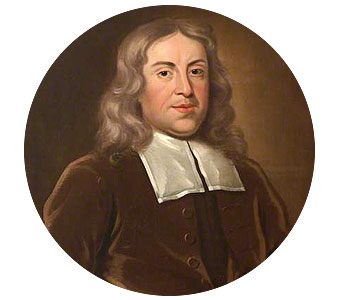One theory is that physicians gave too much credence to hypothesised mechanisms for which there was little or no evidence. If so, the problem was one of method: too little time spent obtaining solid evidence of mechanisms and too little inclination to properly evaluate the evidence that was available.
Here is Thomas Sydenham, a physician who greatly influenced John Locke, in his De Arte Medica of 1669:
the assistances of human life, have all sprung from industry and observation; true knowledg
grew first in the world by experience and rationall operations; and had this method beene continued and all mens thoughts beene imploid to adde their own tryalls to the observation of others noe question physick, as well as many other arts, had been in a far better condition then now it is. But proud man, not content with that knowledg he was capable of and was useful to him, would needs penetrate into the hidden causes of things, lay downe principles and establish maximes to him self about the operations of nature, and then vainely expect that Nature, or in truth God him self, should proceede according to those laws his maximes had prescribed him. Whereas his narrow weake facultys could reach noe farther then the observation and memory of some few effects produced by visible and externall causes but in a way utterly out of the reach of his apprehension, it being perhaps noe absurdity to thinke that this great and curious fabrique of the world the workmanship of the almighty cannot be perfectly comprehended by any understanding but his that made it, man still affecting something of a deity laboured to make his imagination supply what his observation failed him in, and when he could not discover the principles and causes and methods of natures workmanship, he would needs fashion all those out of his owne thought, and make a world to him self, framed and governed by his own intelligence, and thus man by desire to know more than fit a second time lost the little remainder of knowledg that was left him. … if the conveniencys of humane life chanced to be promoted by any new invention, men were not led to such happy discoverys by the conduct of philosophicall speculations, but chance or well-designed experiments taught them to those who imploid their time and thoughts about the works of nature more than the maxims of the schooles.
